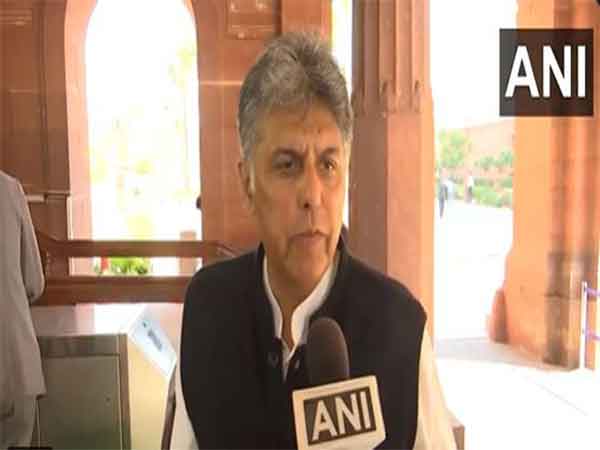
WASHINGTON – President Donald Trump is set to announce Wednesday his decision to unilaterally raise taxes on American importers by trillions of dollars over the next 10 years, potentially the biggest tax hike since World War II, with that cost getting passed along to consumers. “It’s an extraordinary tax increase,” said Douglas Holtz-Eakin, a conservative economist with the American Action Forum and formerly the director of the Congressional Budget Office. Trump has been touting his announcement of his new import taxes — which he is doing on his own, without congressional approval — as “liberation day” for weeks.
White House officials declined on Tuesday to reveal exactly how large a tariff Trump would impose and on which countries, although his statements in recent days have suggested that it would be across the board. “Essentially all of the countries,” he told reporters on Air Force One on Sunday. Earlier that day, Trump trade adviser Peter Navarro told Fox News: “Tariffs are going to raise about $600 billion a year, about $6 trillion over a 10-year period.

” If that figure is correct, that would make it the third biggest tax increase in U.S. history, at 2% of gross domestic product.
Only the tax increases approved in Congress in 1941, 2.2% of GDP, and 1942, 5%, were larger, according to statistics compiled by the Tax Foundation. “It would be the largest peacetime tax increase in history and the third largest overall tax increase behind only the 1941 and 1942 revenue acts to fund WWII,” said Erica York, the Tax Foundation’s vice president of federal tax policy.
She and other economists, though, think that Trump and his allies are wildly overstating the amount of money the tariffs will send to the Treasury because Americans will quickly switch to cheaper substitutes. “I highly doubt that score is real,” said Jason Furman, an economics professor at Harvard University and a former top economic adviser in the Barack Obama White House. Trump, nevertheless, has even suggested the elimination of the Internal Revenue Service and replacing it with an “External Revenue Service” to push the idea that other countries pay our tariffs.
But a federal agency already exists to collect tariffs and has existed for two centuries: U.S. Customs.
And the way it operates belies Trump and some of his top aides’ claims about how tariffs work. When foreign goods come to the United States, whether by ship or plane or truck, the U.S.
importer — whether that’s a private individual, a manufacturer, a wholesaler or a retailer — must pay the tariff before the goods are released to enter the country. Manufacturers, wholesalers and retailers all pass along that import tax down the line to consumers in the form of higher prices. When the tariff, or import tax, is increased, that is passed along as a price increase to consumers.
“The only way the other country would pay the tariff is if they lowered the price of the good by the amount of the tariff,” Holtz-Eakin said, adding that while that has occasionally happened in the past when a tariff is first introduced, exporters almost never continue keeping their prices that low for very long. York said that the bigger issue is what Trump’s tariffs will do to both the U.S.
and the world economy, as well as American consumers and workers. “Trump’s tariffs will hurt American workers and businesses, significantly increase the tax burden on working-class households, and potentially ignite a destructive tit-for-tat global trade war,” she said. “It’s unnecessary economic pain that will not result in economic gains.
”.











